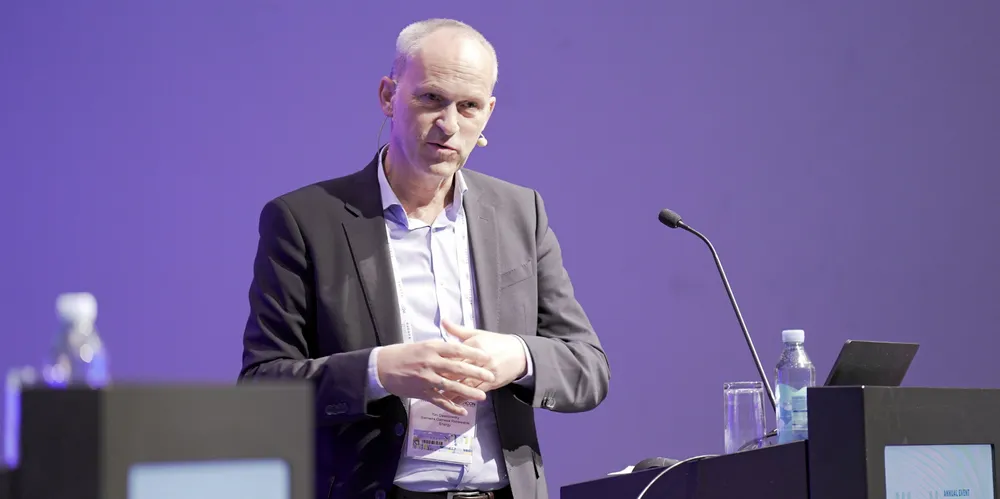We need 'cash support': wind giant's riposte as Germany seeks massive production boost
Siemens Gamesa's Dawidowsky points to unsustainable losses at OEMs as German climate state secretary Graichen suggests quadrupling of output capacity

Siemens Gamesa's Dawidowsky points to unsustainable losses at OEMs as German climate state secretary Graichen suggests quadrupling of output capacity
